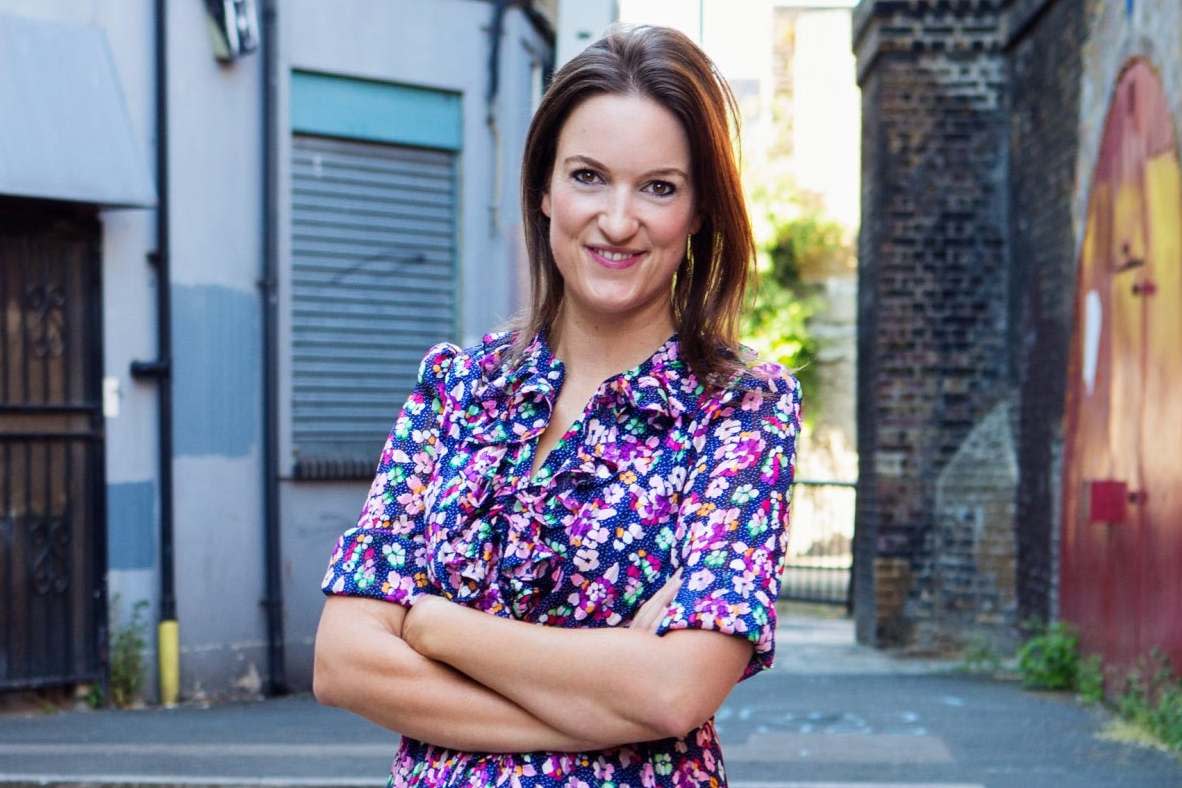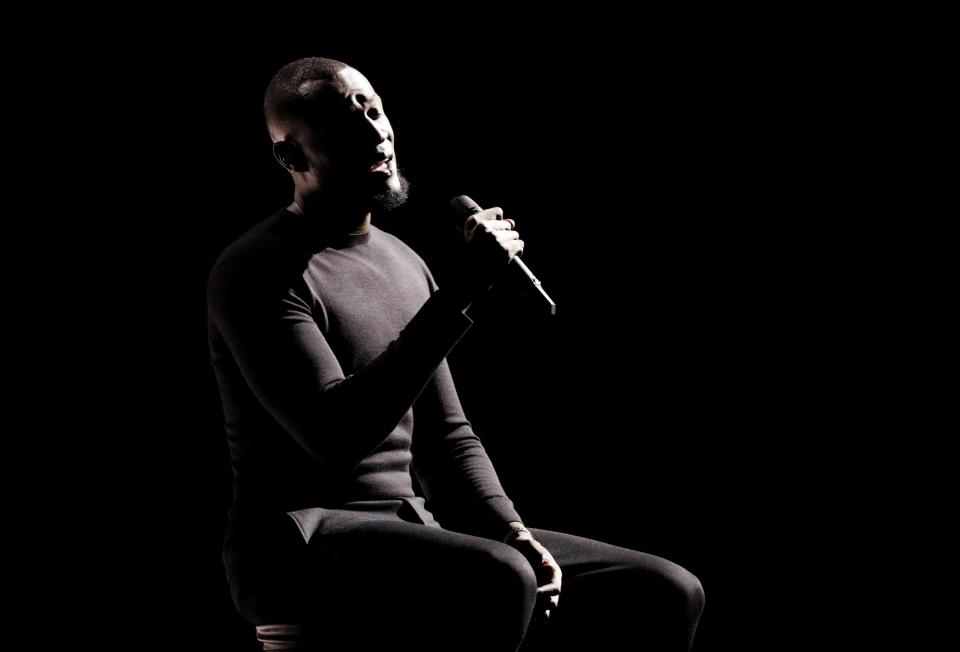Stormzy’s right to leave social media — I’ve tried as well but it’s just too mad, bad and addictive

Social media has seen off a couple of big names in the past week. First Billie Eilish, then Stormzy. To be fair, Stormzy declared that he’d “peaked” last Thursday after being awarded a Greggs VIP black card, so perhaps a lifetime supply of free sausage rolls means he no longer needs the sweet hit of likes on Instagram and Twitter. Others speculate that he’s simply tired of spats with Piers Morgan.
Whatever. Both singers have bravely sliced the umbilical cord to their millions of followers, with Eilish announcing she’s staying off the internet, and Stormzy even deleting his accounts.
Increasingly I find myself considering doing the same, even though I’ve never won a single Grammy. It reflects a sentiment I hear or read about on an almost daily basis, and not just from celebrities — from friends, from others I follow, from everyone. Should we give it up? What do we gain from it? Isn’t Twitter just a diabolical cesspit?
These questions bounced around my newsfeed with more urgency when the news of Caroline Flack’s death broke, but within a couple of days some of the hand-wringers had returned to posting about their new shoes and asking if it was too early to have lunch.
We have an increasing awareness of mental health, and an increasing awareness of how dangerous social media is for this, and yet we cling to it like limpets. Why?

“I need it for work,” I often bleat, while knowing this isn’t totally true. Other writers manage perfectly well without it. Every now and then, in a bout of insecurity or irritation, I’ll delete the apps from my phone. I did this most recently after writing a column in this paper about thermostats, which led to several days of me being called a “fascist c***” who needed to “seek help”. Huh?
Social media, at its best, is about dog videos and photos of topiary trimmed into amusing shapes, and I know people who have formed real friendships, even marriages, via the platforms. But sometimes, during bad days on there, I’m not sure it’s worth it. I lay low for a week after the most recent abuse, but slunk back not long afterwards because I sensed I was missing out. On what? I’m not sure. I do really like the dog videos.
I lay low for a week after the most recent abuse, but slunk back because I sensed I was missing out on dog videos
This lemming-like FOMO is a major part of the problem. We’ve created an online world which too many of us think is more important than the real one. I hear friends sigh with relief that social media wasn’t around when they were teenagers. Except right now it doesn’t look like the thirtysomethings and upwards are faring much better than the teens. We’re all conflicted, declaring that we’ll delete our accounts one day, before posting something the next and congratulating ourselves on the likes.
For years, Silicon Valley has looked admiringly towards the slot machines of Vegas and pinched gambling engineering tricks (bright colours, refreshing mechanisms) to make social media apps addictive.
They’re consequently irresistible to everyone from international megastars to schoolchildren, but then something happens which seems to shake their grasp on us — for a brief few hours, or even a whole day, before we head back to them.
In 10 or 20 years we’ll look back in astonishment at the lack of regulation. But dare you leave now? Nah. Maybe next time.
Sorry book snobs, I’ve not read Mantel
Did you know Hilary Mantel’s got a new book out next week? How could you not. You’d have to be living on the moon or wherever Ghislaine Maxwell’s hiding out.
The Mirror And The Light is the third and final instalment of Mantel’s Cromwellian trilogy, and it’s bound to be as excellent as the first two

Oh, you haven’t read them? How embarrassing. What’s wrong with you? Can you even read? This is the sort of goggle-eyed horror that’s greeted me recently whenever I’ve admitted that I haven’t read them. Sorry, nothing against Mantel, I just haven’t got round to her hefty Booker winners, Wolf Hall and Bring Up The Bodies, which were turned into a TV show starring Claire Foy as Anne Boleyn, (pictured). I feel a creeping shame about it.
As the third one is published, I suspect there’ll be a few people knocking about pretending to have read them. Why not just own up, fibbers? Book snobbery, like all forms of snobbery, is very boring.
Thin pancakes win
It’s pancake day tomorrow, and I’d like to clear something up. Pancakes should be large and thin — the circumference of a frying pan — then rolled up with whatever fillings you want inside. Pancakes should not look like those small American discs, as thick as a finger, which come in a stack. These are bad pancakes. Let’s not muddle the matter further with talk of drop scones or the vegan pancakes Waitrose is flogging.
This year, we millennials are being blamed for a surge in plastic bottles because apparently we’re buying pre-made batter. This is pretty lazy considering how easy the recipe is (flour, milk, eggs, water, salt). But whether made from a bottle or a mixing bowl, please ensure pancakes are thin. Here ends today’s lesson.

 Yahoo News
Yahoo News 
